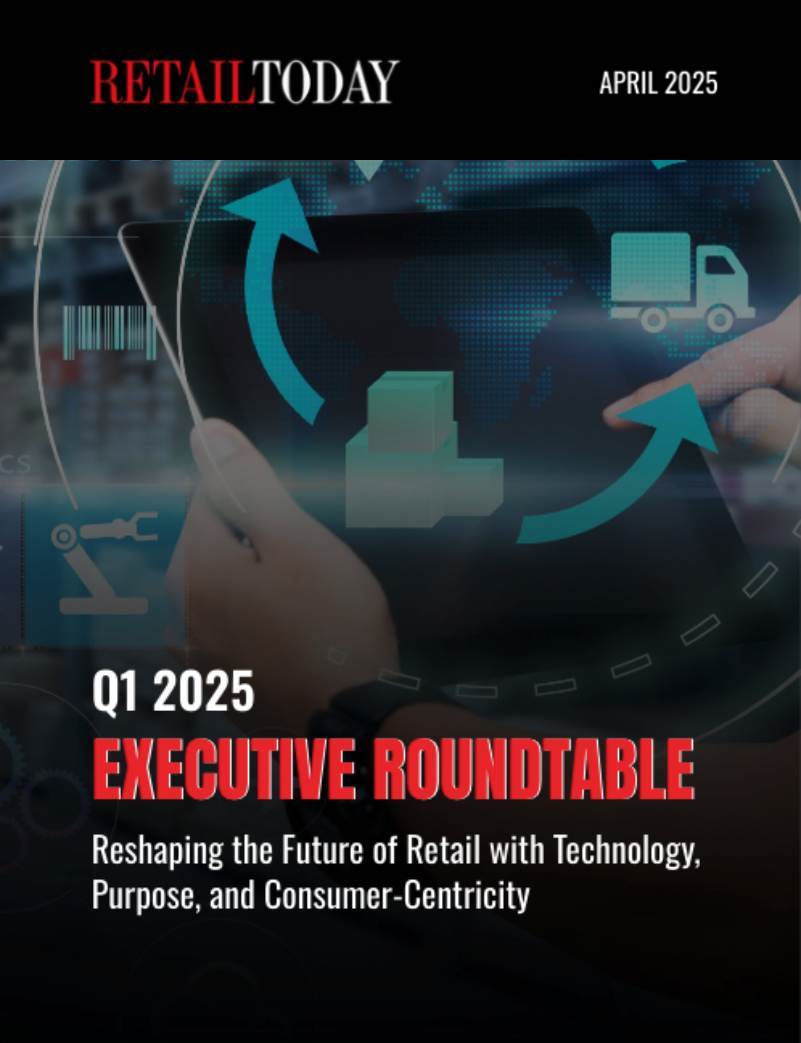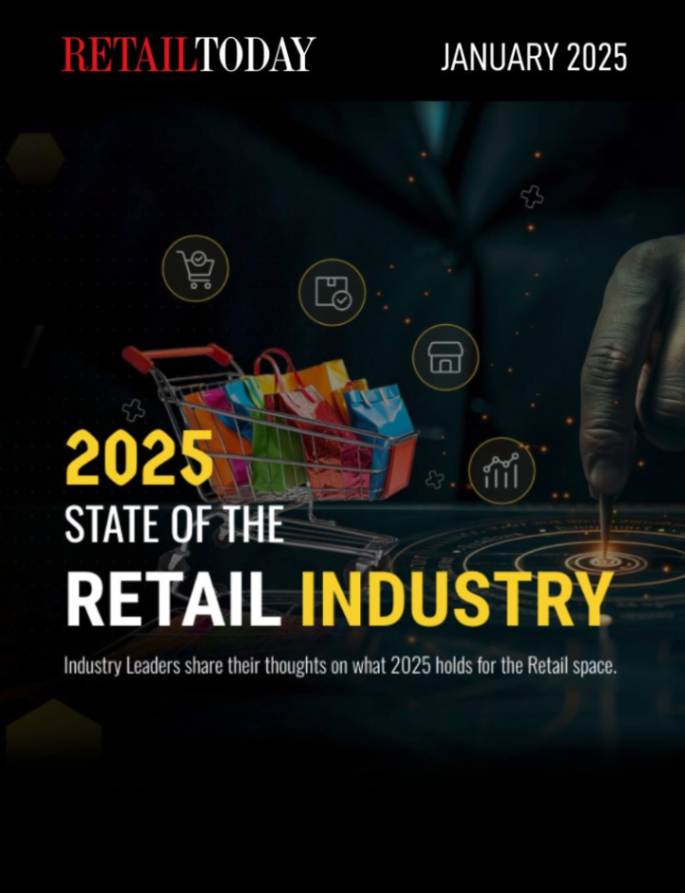
Mira Commerce Digital Agency
Composable commerce is a groundbreaking approach to modern e-commerce that emphasizes flexibility, agility, and scalability. It revolves around the idea of breaking down complex commerce functionalities into modular, independent components that can be easily composed and interconnected to create unique and personalized customer experiences. Unlike traditional monolithic commerce platforms, composable commerce allows businesses to select and integrate best-of-breed solutions for each specific commerce function, such as catalog management, cart and checkout, payment processing, and fulfillment.
This approach enables businesses to adapt quickly to changing market dynamics, experiment with new technologies, and deliver seamless omni-channel experiences to their customers. By leveraging modular components, businesses can replace or upgrade individual parts of their e-commerce infrastructure without having to overhaul their entire system. This level of flexibility empowers merchants to respond to emerging trends, customer demands, and evolving market conditions in a timely and efficient manner.
However, navigating the complexities of composable commerce requires careful consideration of integration challenges, interoperability, and the management of multiple vendors and APIs. The shift from monolithic systems to a best-of-breed approach introduces the need for merchants to establish and maintain relationships with multiple software vendors and service providers. This can result in coordination challenges, delays, and increased complexity in project management.
To illustrate this challenge, consider the analogy of a music performance. When you buy a ticket to a concert, you don’t have to pay each musician separately or manage their logistics and preparation. Music producers take care of these tasks, allowing you to enjoy a seamless experience delivered by a single party responsible for the overall production. In composable commerce projects, merchants often find themselves playing the role of a producer, overseeing and coordinating various software vendors and agencies involved in the development and integration of their custom e-commerce applications. This can be overwhelming and time-consuming for merchants, as they have to attend numerous software demos, manage multiple relationships, and ensure smooth collaboration among different stakeholders.
In light of these challenges, merchants would greatly benefit from having a single solution provider, acting as a ‘one-stop shop’ for their composable commerce needs. This solution provider would assume the role of a “producer” agency, responsible for managing and coordinating multiple software vendors and service providers. By offering a composable reference application, commonly referred to as an “accelerator,” the solution provider would construct a pre-built foundation from best-of-breed software tools and platforms. This composable stack can be customized and extended to meet the specific needs and use cases of individual merchants.
Under this model, the solution provider would charge merchants for both services and key software components, including cloud hosting infrastructure, shopping cart functionality, intelligent search, personalization tools, content management systems, and digital asset management tools. The financial arrangement would resemble a traditional Value Add Reseller (VAR) model, where the solution provider bundles the necessary components and services into a comprehensive offering.
There are significant benefits to this approach for merchants seeking to deploy and manage custom composable commerce applications. Firstly, the solution provider, acting as a producer agency, would assume the responsibility of managing and coordinating multiple software vendors. This includes providing first-level support, finding integration solutions, troubleshooting issues, and optimizing overall system performance. Merchants can rely on the expertise and experience of the solution provider, reducing the burden of coordinating and managing multiple relationships themselves.
Secondly, merchants gain full flexibility in selecting their preferred software infrastructure vendors to add to their composable stack. This allows them to choose the best-of-breed solutions that align with their specific requirements and objectives. By having the freedom to mix and match different vendors, merchants can create a tailored and optimized Ecommerce ecosystem that supports their unique business needs.
Finally, by partnering with a solution provider that implements and then fully supports their composable commerce infrastructure, merchants benefit from having a dedicated and committed partner invested in their online success.
Sergei Ostapenko, CEO & President of Mira Commerce, is an experienced digital transformation executive and a hands-on strategic leader. Prior to taking over Mira Commerce, Sergei spent over 30 years in professional IT & digital marketing services, enterprise-level operations and corporate finance, holding senior international roles at Microsoft, Avon Cosmetics, AIG, The Coca-Cola Company, and Arthur Andersen.






